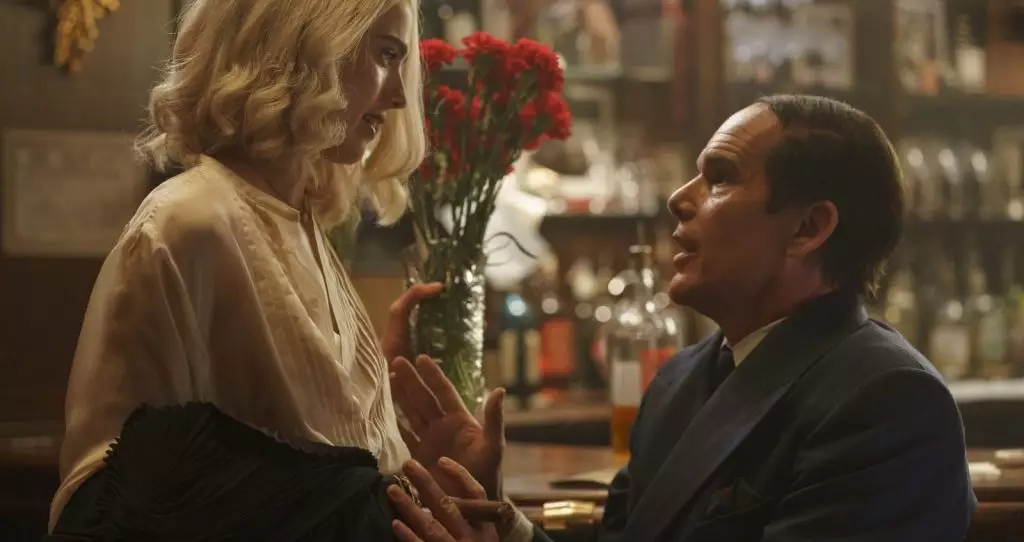Richard Linklater, a creative force in contemporary cinema, is set to unveil his newest endeavor, Blue Moon, which focuses on the intriguing life of Lorenz Hart, the musical genius behind many classic compositions. With its U.S. premiere scheduled for October 17 and an expanded release on October 24, this film promises to be a poignant addition to the legacy of American musical history. Hart, often overshadowed by his more famous counterpart Richard Rodgers, deserves a spotlight that highlights his contributions to the landscape of musical theater, and Linklater appears ready to deliver that.
Star-Studded Cast Brings Historical Depth
The cast of Blue Moon is meticulously chosen, featuring the remarkable talent of Ethan Hawke as Hart. Known for his ability to immerse himself in the complexities of his characters, Hawke is poised to capture Hart’s tragic genius—a music composer grappling with his personal demons. Alongside Hawke, Margaret Qualley, Bobby Cannavale, and Andrew Scott lend their talents, enhancing the depth of the narrative. Scott’s recent accolade, the Silver Bear for Best Supporting Performance at the Berlin International Film Festival, showcases the caliber of talent involved and raises expectations for a film that intertwines personal struggle and artistic brilliance.
Setting the Stage: A Personal and Cultural Turning Point
Set in Sardi’s Restaurant on the night of March 31, 1943, as Oklahoma! hits the stage, Blue Moon is not just a biopic—it’s a pivotal moment marked by change. This restaurant, once a gathering place for the creative elite, serves as a microcosm of the vibrant artistic community of the time. The tension of Hart’s replacement by Oscar Hammerstein II as Rodgers’ new collaborator adds layer upon layer of narrative complexity, capturing the essence of the era while revealing the insecurities that accompanied artistic collaboration.
A Collaboration of Fresh Minds
Linklater’s collaboration with Mike Blizzard and John Sloss solidifies the film’s foundation. By aligning with innovative production companies like Detour/Renovo and Wild Atlantic Pictures, Blue Moon not only aims to tell a story of historical significance but also reflects modern storytelling techniques. The blending of old and new sensibilities in filmmaking encourages a fresh dialogue about musical heritage in contemporary frames, making it relevant for today’s audiences.
Anticipation at Cannes: A Film Festival Spotlight
The timing of the film’s announcements—coinciding with Linklater’s world premiere of Nouvelle Vague at Cannes—suggests a strategic momentum for the director. It’s undeniable that Cannes serves as an influential platform, and the global stage can enhance the film’s reception once it arrives in theaters later this fall. The momentum is palpable, indicating that audiences can expect not just entertainment but a deeper examination of human artistry, ambition, and vulnerability.
In a landscape that often overlooks the nuanced stories of figures like Lorenz Hart, Blue Moon rises as a celebration of creativity, echoing the timeless struggle of artists aiming for personal acceptance alongside commercial success. Linklater, with his signature storytelling flair, is well-equipped to navigate this delicate intersection, inviting us to join him on an emotional journey back to a golden era of music and passion.


Leave a Reply